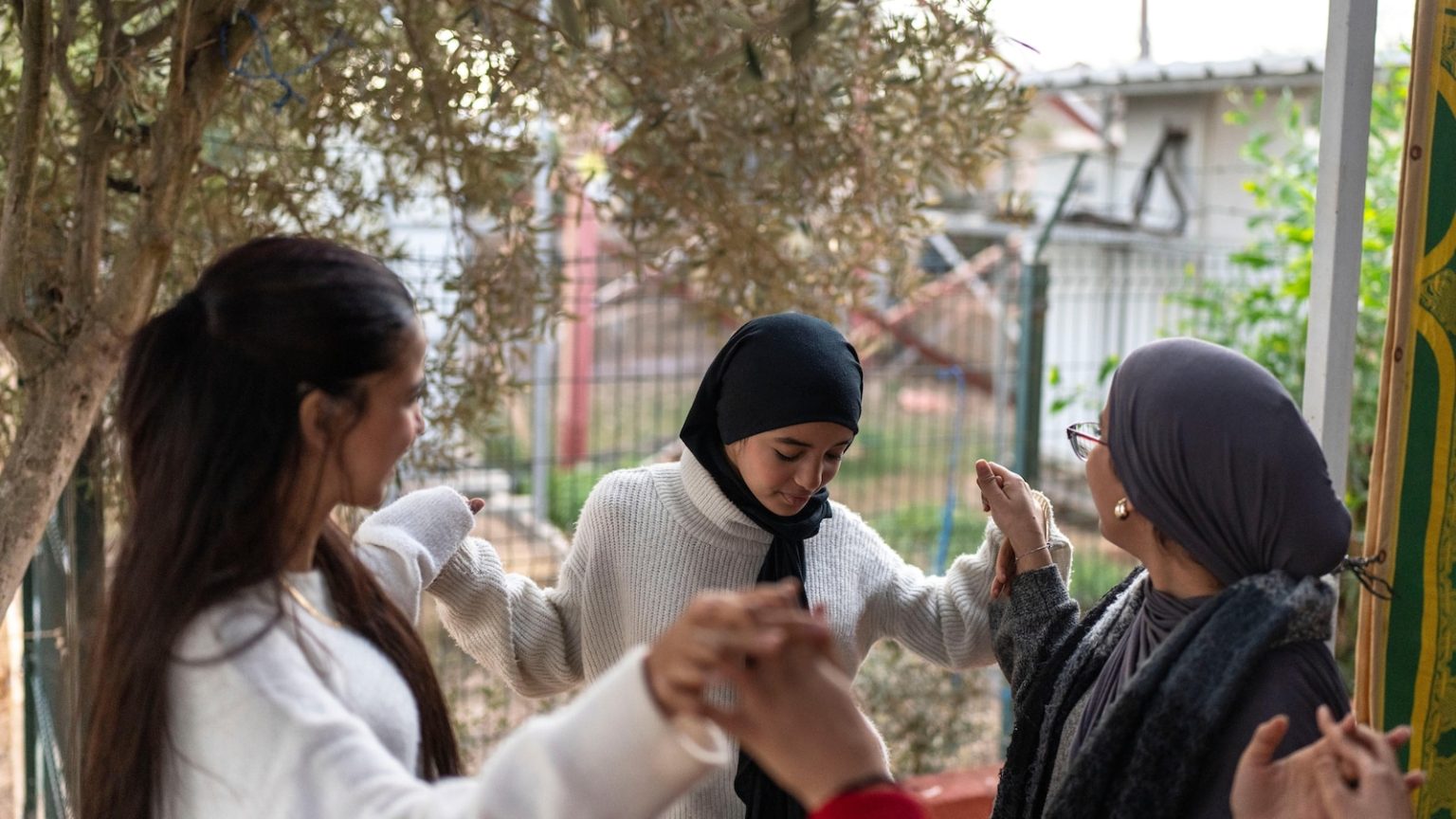The Enduring Legacy of Aita: A Moroccan Musical Tradition
Introduction to Thouria and the Aita Tradition
In the heart of Morocco, a rich cultural tradition resonates through the powerful vocals of women known as cheikhats. These singers are the custodians of aita, a centuries-old folk music tradition that translates to "cry" or "lament." Central to this tradition is Mbarka Moullablad, known by her stage name Thouria. Her journey as a cheikha singer is a testament to resilience and passion. Aita, more than just music, is a narrative of emotions, societal dynamics, and cultural heritage. Thouria’s story begins in Sidi Yahya Zaer, a quaint farming town on Morocco’s Atlantic plains, where she found her voice and her calling against the odds.
The Cultural Significance and Role of Cheikhats
Cheikhats are more than performers; they are storytellers and poets, voicing the collective experiences of their communities. Their songs, often performed at gatherings, weddings, and festivals, capture the essence of Moroccan life—its joys, struggles, and transformations. The vibrant performances, adorned with traditional attire and accompanied by infectious rhythms, create a captivating symphony that transcends generations. Thouria’s voice, rising from gentle melodies to powerful crescendos, embodies the spirit of aita, connecting with audiences on a deeply personal level.
The Stigma and Societal Challenges Faced by Cheikhats
Despite their cultural significance, cheikhats often face societal stigma, being marginalized and objectified. Thouria’s initial hesitation to embrace her calling stems from these challenges. Her family’s disapproval and societal judgment weighed heavily on her, reflecting the broader struggles faced by women in this tradition. However, Thouria’s perseverance and the eventual acceptance from her community highlight a shift in societal perceptions, showing that art can overcome obstacles.
Thouria’s Personal Journey and Community Acceptance
Thouria’s journey is a narrative of triumph. From facing familial disapproval to gaining acceptance, her story illustrates the power of passion and dedication. She found purpose in supporting her children, channeling her struggles into her music. Thouria’s performances, filled with emotional depth and vibrant energy, have not only earned her respect but also bridged gaps between tradition and modernity, proving that aita’s relevance endures.
The Evolution of Aita and Its Modern Influences
Aita’s adaptability is evident in its modern interpretations, from electro-fused tracks to theatrical tributes. The film "Everybody Loves Touda" and troupes like Kabareh Cheikhats highlight aita’s influence beyond traditional settings, introducing it to global audiences. This evolution ensures that while aita remains rooted in its origins, it continues to resonate with younger generations, blending tradition with contemporary creativity.
The Future and Enduring Legacy of Aita
Despite Morocco’s rapid urbanization and shifting cultural landscapes, aita’s legacy is secure. Its ability to adapt while preserving its essence ensures its relevance. As expressed by Rachid Kadari, aita’s renewal by young artists guarantees its survival. Thouria’s story, among others, underscores the timeless appeal of aita, a tradition that continues to captivate and inspire, ensuring its place in Morocco’s cultural tapestry for generations to come.















